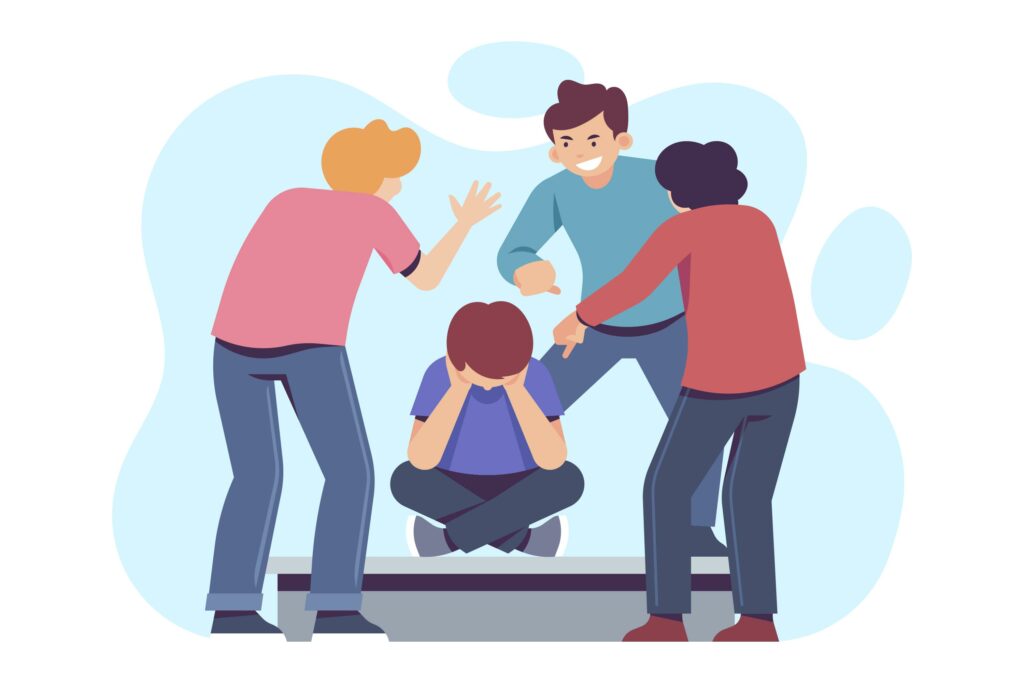Teamwork does dream work! You have probably heard this phrase multiple times before. The reason why teamwork is so important is mainly because it increases productivity and efficiency at work. When people from diverse technical backgrounds and skill sets come together as a team, they find solutions to problems that can not be solved by an individual alone. Working in a team allows for smarter work, which is also time efficient. Today every workplace has designated teams for each task or department in order to bring in functional expertise and efficiencies.
Where teamwork can be a bliss for your company, it can also be disastrous, and instead of increasing productivity, it can create bigger problems. There are multiple reasons that can lead to a team not performing well. These roadblocks could be minor to major but hamper the whole point of teamwork.
Table of Contents
The Roadblocks
Let’s take a look at some of the blockages that can reduce team productivity and how avoiding them can ensure better team performances.
Individual Goals vs Team Goals
Most of the time, the individuals are stuck between dedicating their efforts towards their individual goals or achieving goals for their teams at the workplace. This constant battle means a lack of effort from team members who value meeting individual goals more than combined goals. This may not be as selfish an approach as it sounds because, at the end of the day, your promotion at work is based on your evaluation in your role.
This is a dilemma, and companies that have team-intensive work usually place KPI models that promote teamwork. This helps and ensures employees that their growth is connected to the growth of their team. This approach cancels out any confusion on the employees’ end on how to prioritize. However, even in teams, some individuals might aim to become more prominent and overshadow others in order to be seen by top management. This again is a potential risk to teamwork; all the team players should have an equal opportunity to work in a team.

Ineffective Communication
Using the right means of verbal and written communication along with cues is critically important. It’s important to use the communication mediums that are understood completely and properly by every person on the team. Ineffective communication is when anything about work is not properly communicated or understood by the team. This leads to misunderstandings and mistrust. Two-way communication is important to check if the requirements of work, KPIs, roles of an individual, deadlines of a particular project, and any other relevant detail that would aid work are communicated in an effective manner.
Ineffective communication could be led by something as small as an email with a deadline of today but not specifying the time of the deadline. This leads to delays and confusion.
Micromanagement
Where sometimes tasks might need to be micro-managed by the team lead, micro-management otherwise hampers the whole point of having a team. Managing tasks too minutely disrupts the workflow of the designated person for a task in the team, thus leading to delays or interruptions that affect the quality of the team. Micromanagement can also get translated as a lack of trust in the team and be taken by team members as a demotivating factor. Micromanagement leads to very little autonomy and takes away the creative freedom of employees/teams. This results in unproductivity in teamwork.

No Delegation or Improper Delegation
Leaders are sometimes so invested in their role of leading the team and making it successful that they end up doing most of the work themselves. They do not delegate most of the work to their subordinates in the teams in order to make sure the work is of high quality/their desired quality. This defeats the whole purpose of having a team and can result in resentment and lack of development of teams.
On the other hand, improper delegation is when a leader does not understand or is unaware of the strengths each individual brings to the table. Improper delegation is when tasks are delegated without proper knowledge of team members. If the tasks are delegated in accordance with the strength of each team member, the productivity of the team is optimized. Helping it to meet goals and work requirements and grow.
Lack of Trust
It is extremely important to trust each other in the team in order for the structure of teamwork to work. If there is a lack of trust among team players, then the model is likely to fail because the members are not relying on each other for work. This leads to everyone working separately to ensure they cover for any likely pitfalls because of any other member.

Undefined Goals
If the team does not know what it is working for or trying to achieve, this will also act as a major roadblock in its productivity. The reason for it is that everyone might be working in wrong directions or different directions as opposed to when a goal is properly and clearly defined.
Poor Team Connection
If the team is not well connected and built up, this can lead to unproductivity. The reason being that the team works best when the members are closely knit; they have a connection and understand each other. This makes communication as well as working with each other an easy task. If not, it could all be haphazard. This is the sole reason why companies today invest heavily in team-building exercises and training in order for team members to gel in well so they work in harmony.
Poor Leadership
If the team is not led properly, the team is likely to collapse. A team leader needs to manage the team and delegate the work efficiently in order for the team to work properly. The team leader is also required to set deadlines, communication channels, and tasks for each member. If certain tasks are to be completed before other tasks, the leader should know how to manage them. The leader should also know how to engage each member, motivate them, and also allow team members to be creative and autonomous.
The leader that knows the right balance between micromanagement and delegation is likely to make the team work to its full potential. Any failure of leadership at any point from the beginning till the very end can hamper the teamwork significantly.
Conflicts amongst team members
While working in a team, conflicts are evident; however, it is of high importance for a team to manage these conflicts and resolve them efficiently in order for the team to work best. In cases where conflicts are not tackled at the time, they grow into bigger problems for teams and team leaders, resulting in a failure of teams to complete their work and grow.
Biases
A team can be highly affected by biases of any of its members. Be it playing favorites or having smaller groups within teams, being disrespectful to one member of the team, etc., can all lead to the promotion of negative culture in the team. Where not everyone is encouraged to bring their thoughts and ideas to the table. Such biases can lead to deeper grievances. So they should be removed from a team at the highest priority.
Eradicating Team Problems for a Healthy Team!
In conclusion, while teamwork is crucial for success, recognizing and addressing common roadblocks is equally important in order for the teams to remain productive and efficient. Teams can become powerful by proactively addressing challenges like competing goals, biases, lack of communication, and proper work delegation. This article emphasizes the importance of open communication, clear goal-setting, and utilizing tools to connect diverse talents, ultimately fostering a more collaborative and productive work environment.
For more similar blogs, visit EvolveDash today!
FAQs
- How do I identify roadblocks in my team?
To effectively identify roadblocks in your team, foster open communication, conduct regular check-ins, encourage proactive reporting, and utilize project management tools. Analyzing past experiences and proactively researching common obstacles can also help pinpoint potential issues before they escalate.
- What are some strategies for overcoming roadblocks?
To effectively overcome roadblocks, a combination of strategic thinking, problem-solving, and adaptability is key. Identify the root cause of the problem, brainstorm a range of solutions, and choose the most promising approach.
- How can I create a more resilient team that can better handle roadblocks?
To create a resilient team that can effectively navigate roadblocks, focus on building a strong foundation of trust, open communication, and a growth mindset.



















